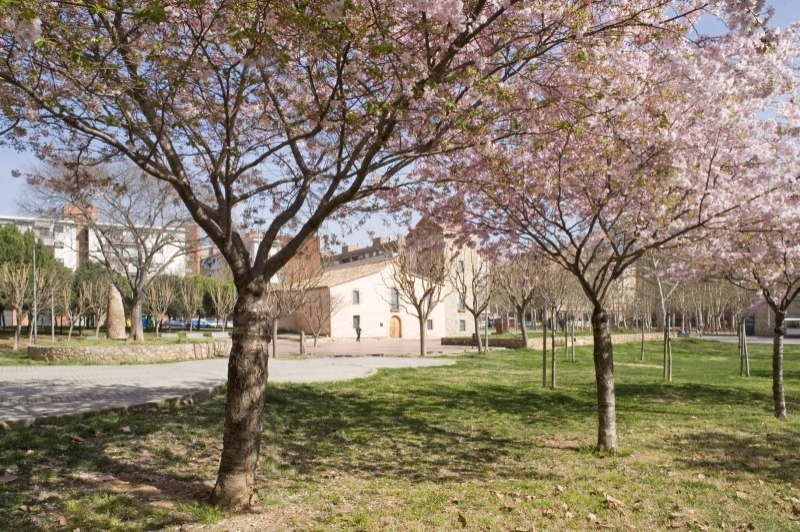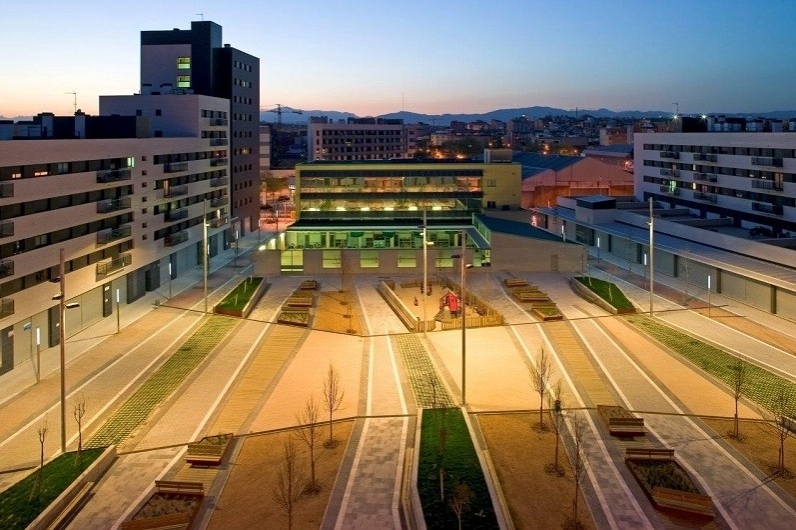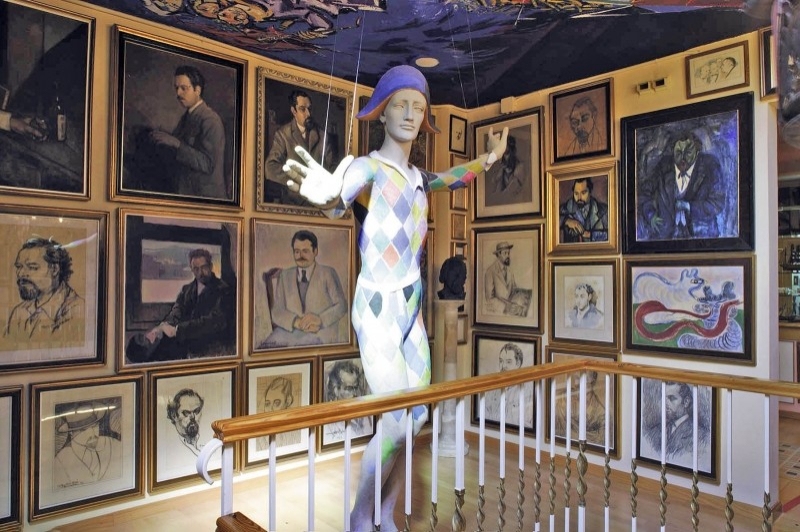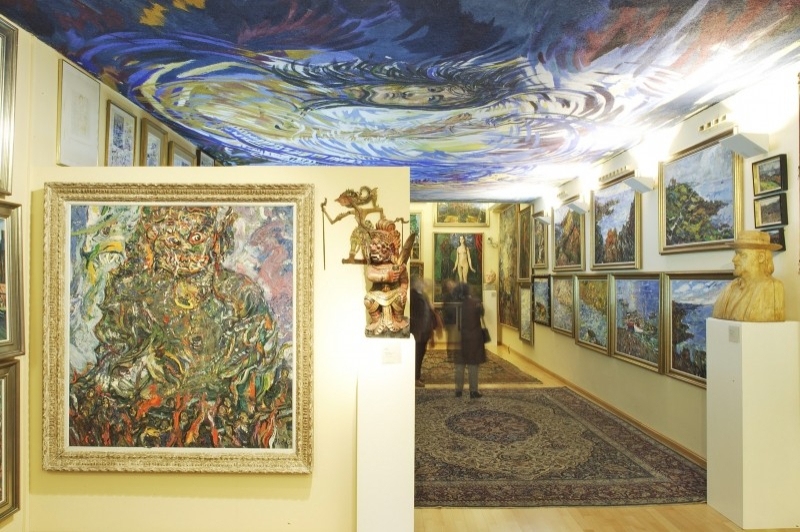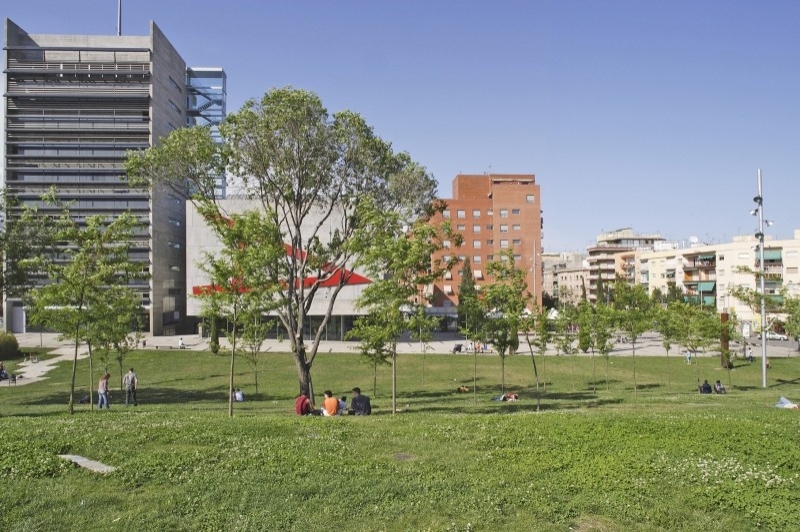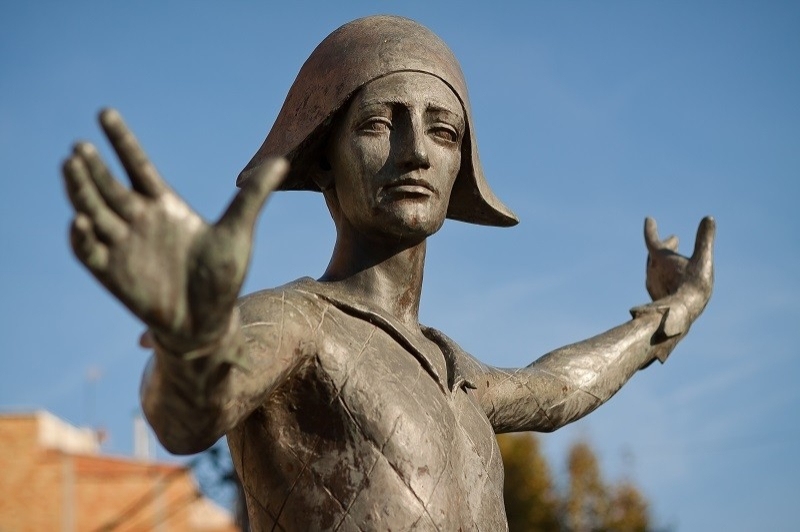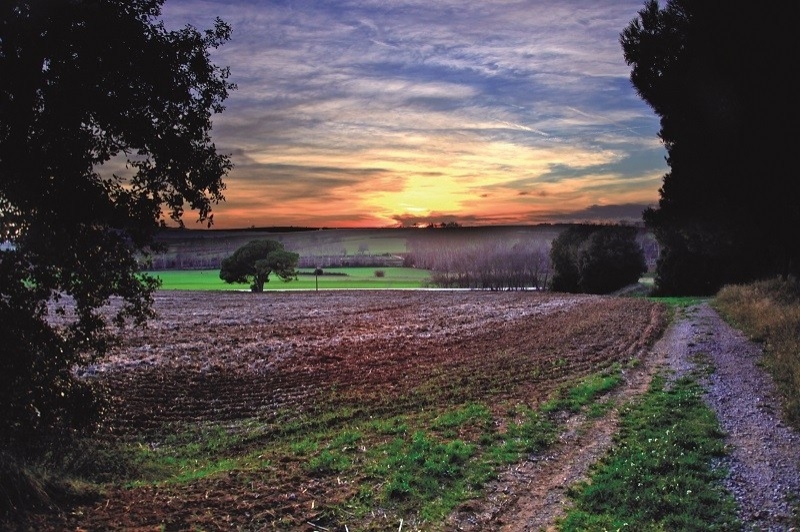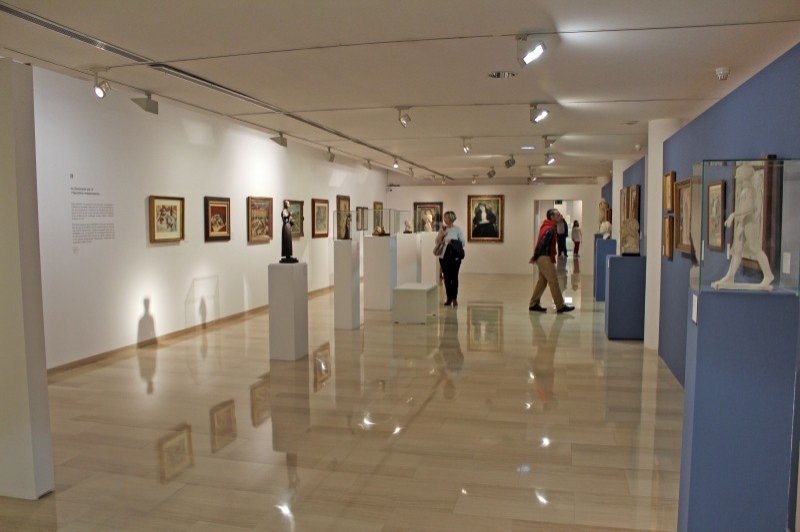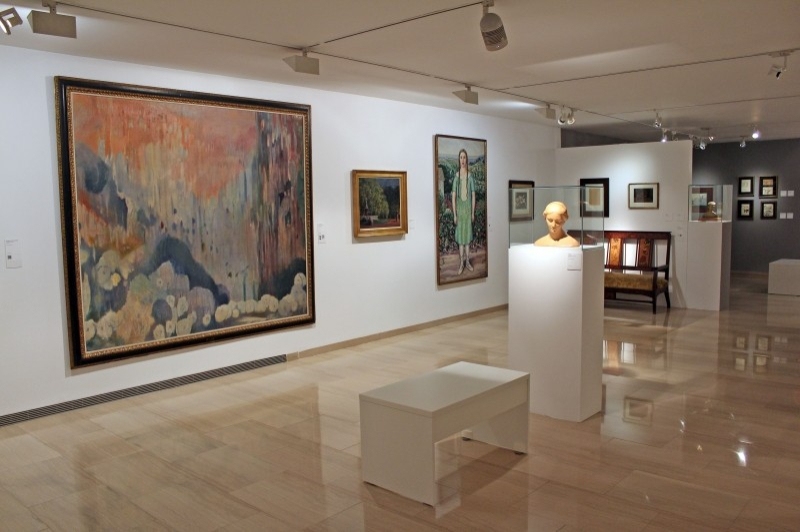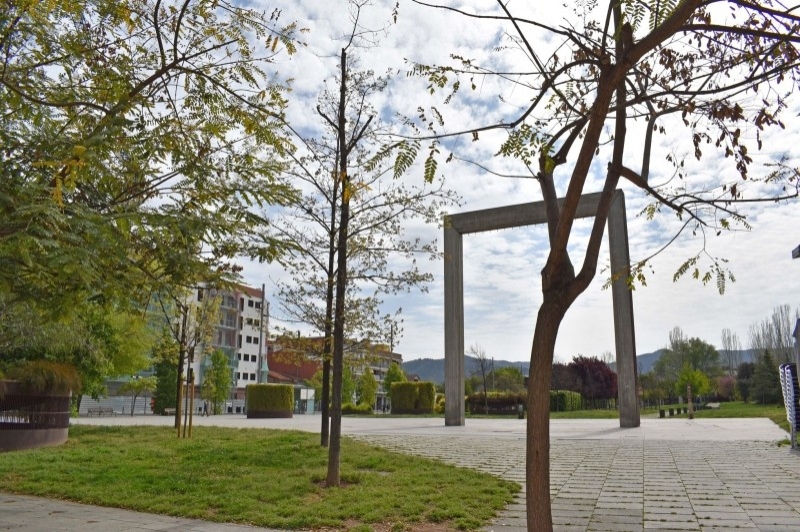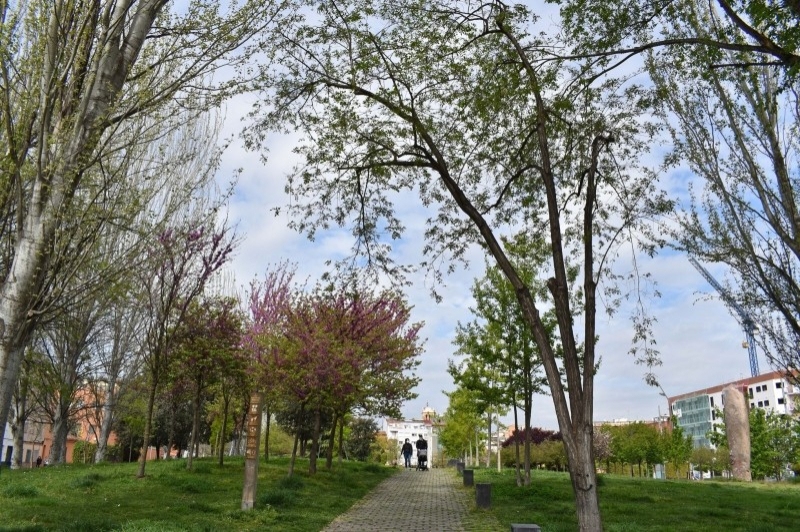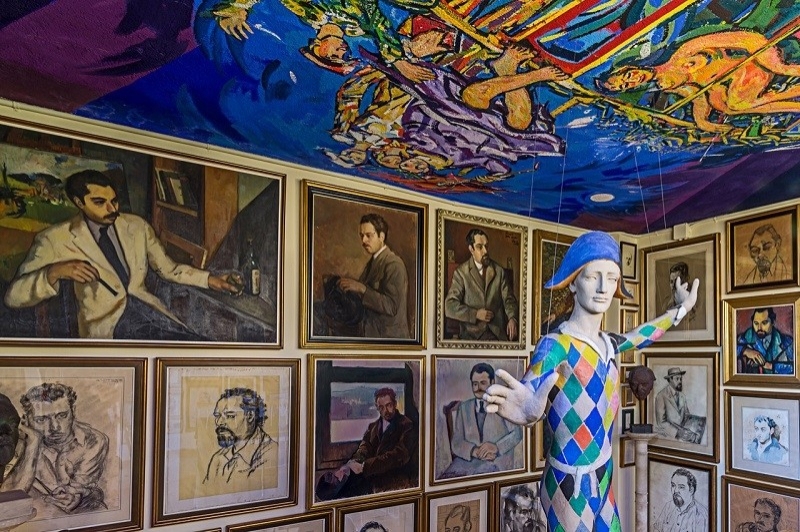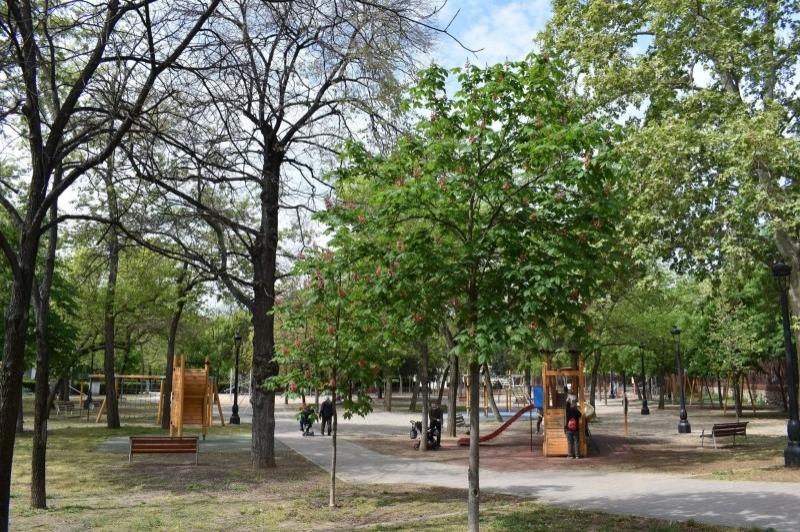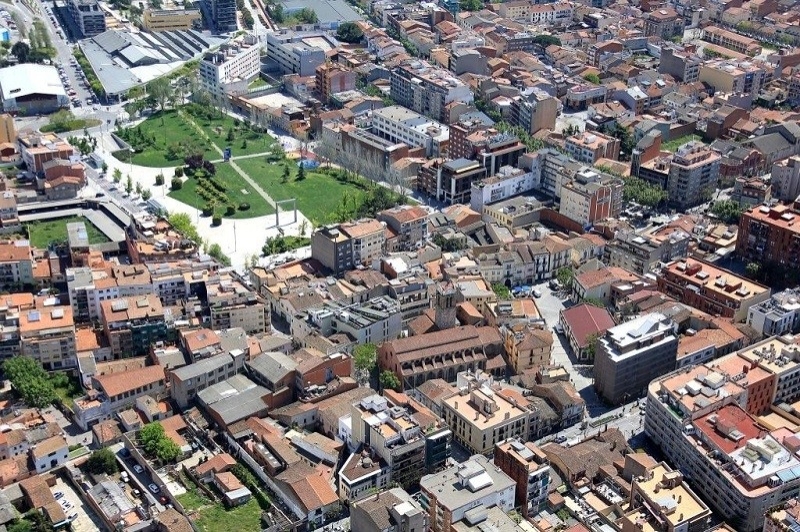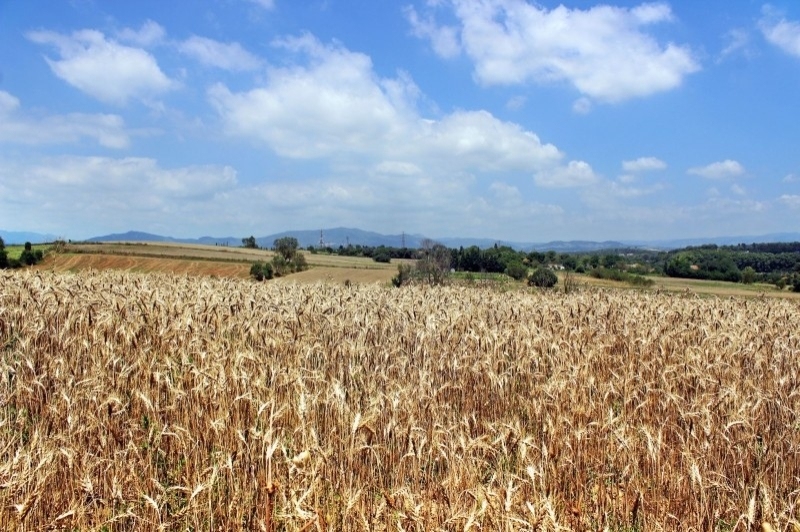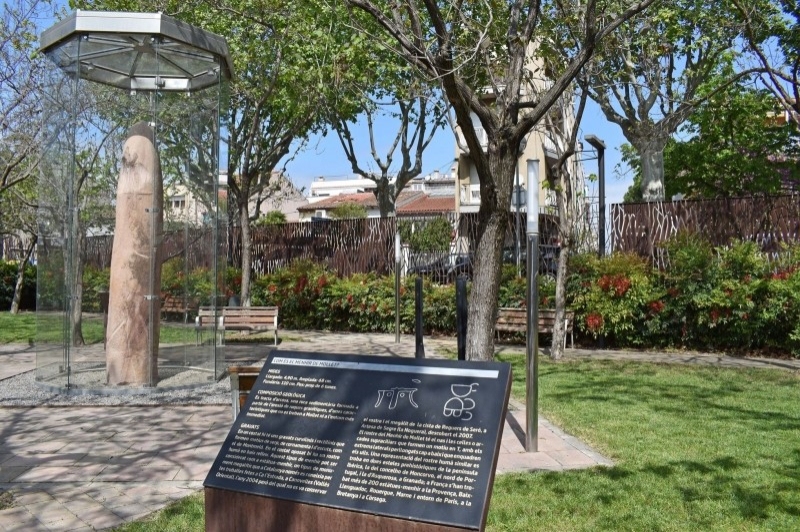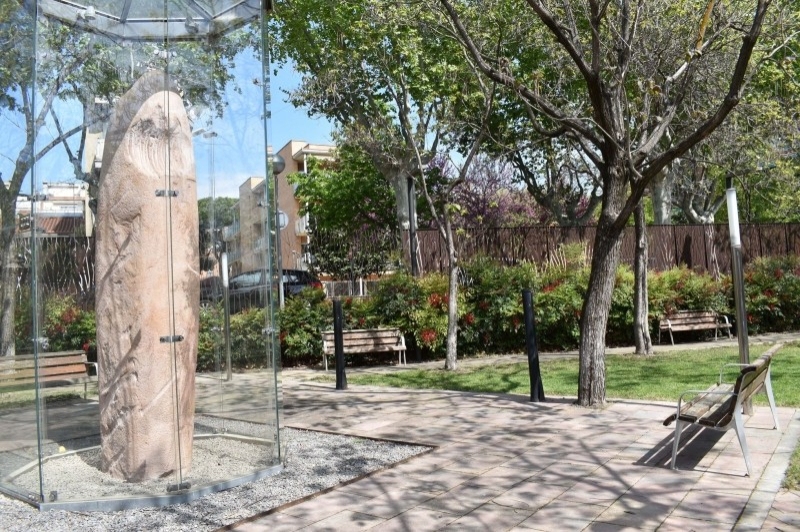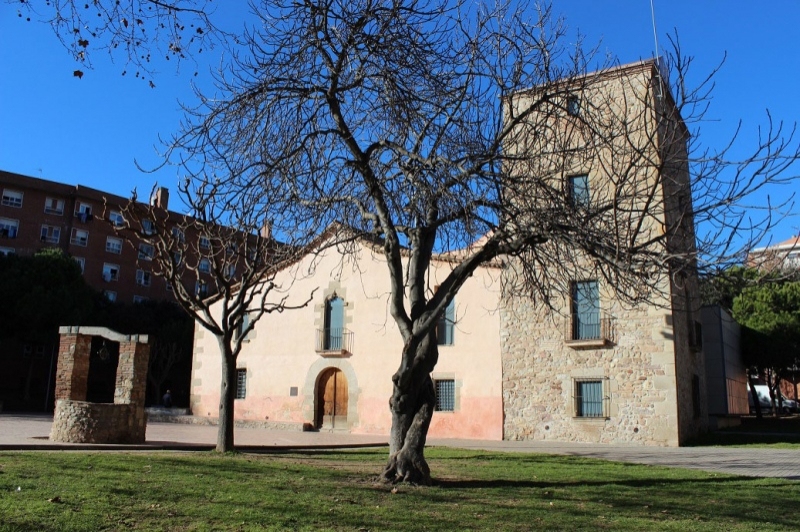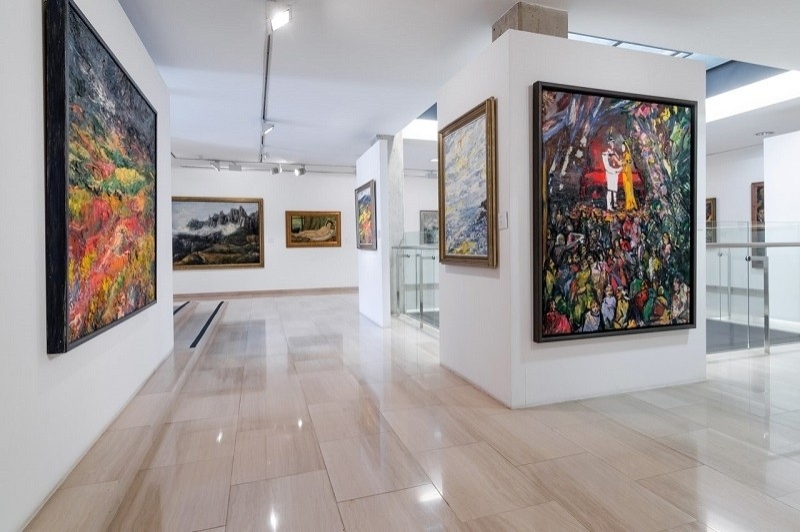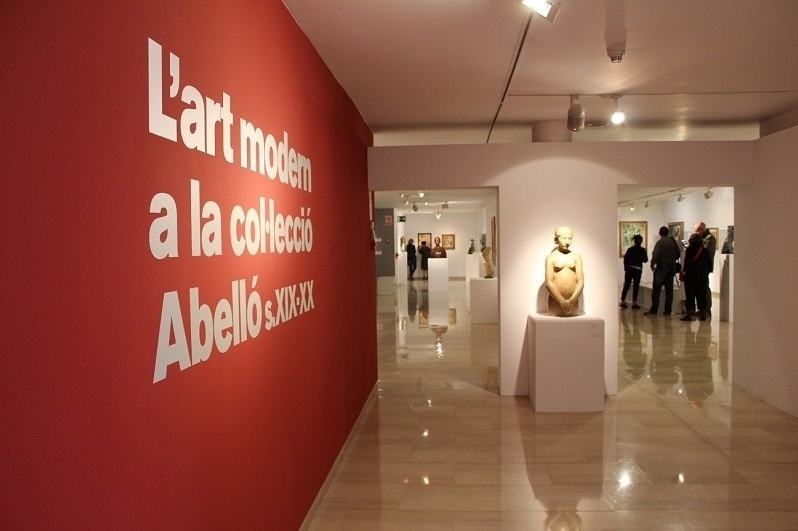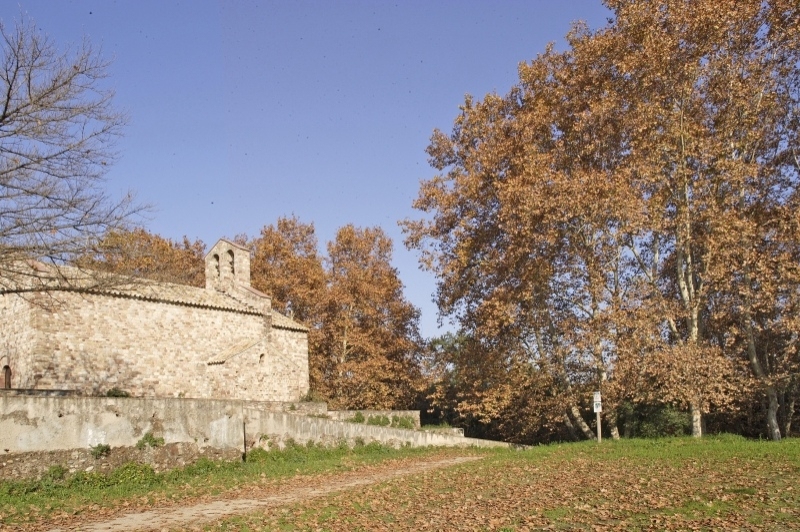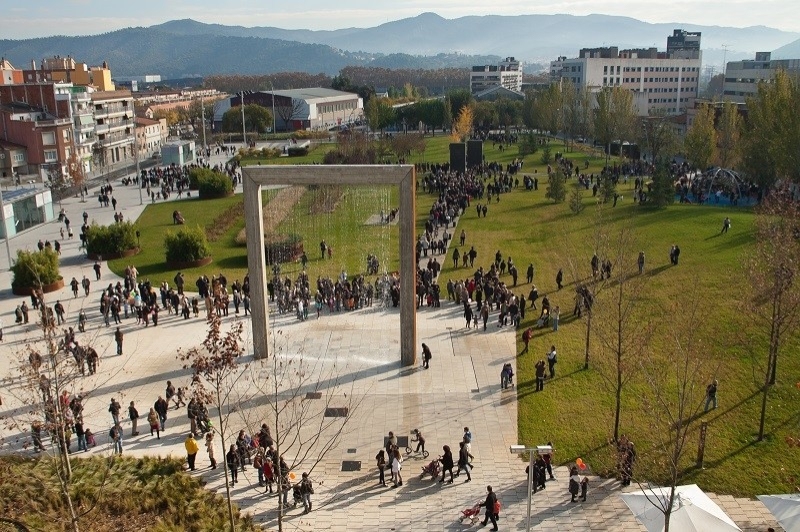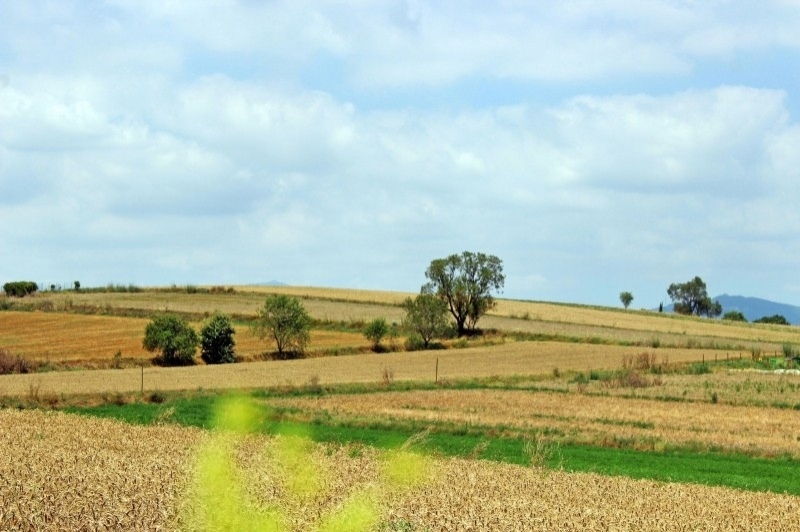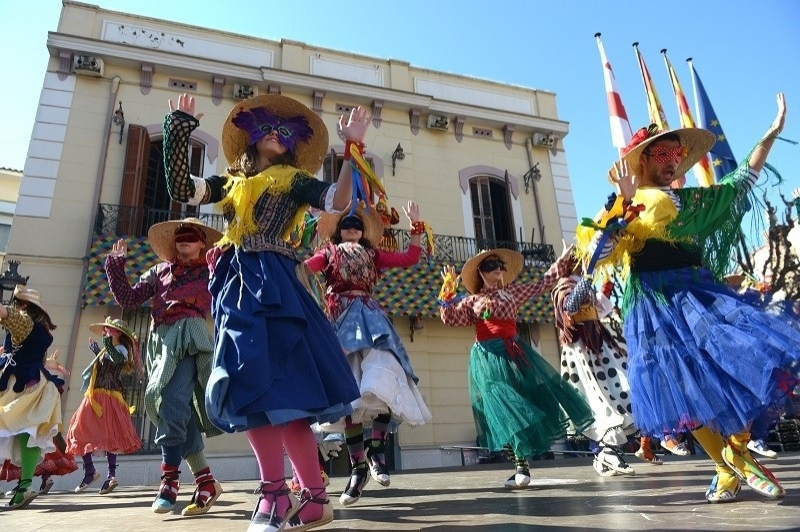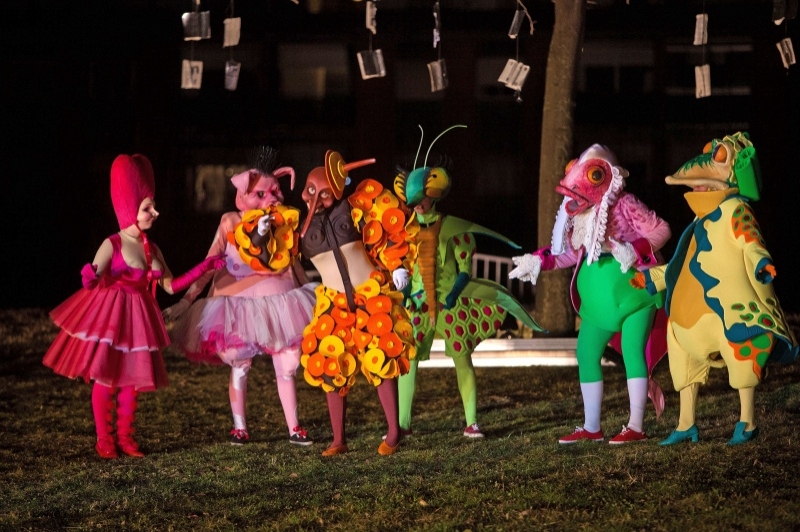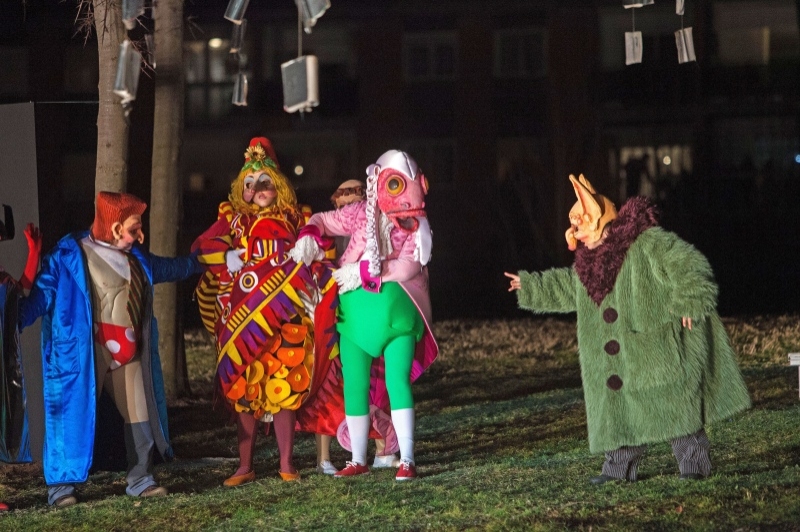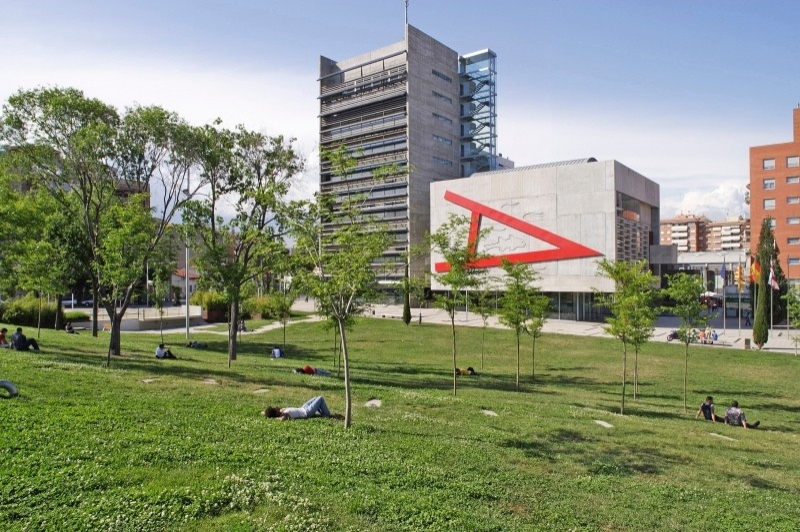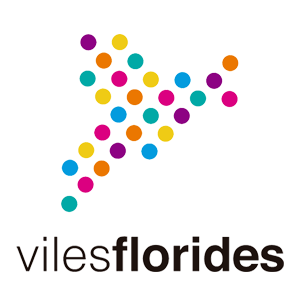Mollet del Vallès
Mollet del Vallès has an area of 10.72 km2 and just over 51,000 inhabitants. It is located 20 km from the city of Barcelona, being the main nucleus of the metropolitan area of Vallès Oriental known as Baix Vallès.
It is a modern municipality, adapted to the needs of our times, with a wide range of public and private services in all areas: educational, cultural, sports, leisure... It is worth highlighting, as a health service, the new Hospital de Mollet, a regional reference and, in the cultural field, the Abelló Museum.
It has a good communications network: roads, highways, railway lines (R2, R2 North, R3 and R8), and several urban and interurban bus lines.
Mollet's jewels
Gallecs is a rural area protected in the Plan for Spaces of Natural Interest, with recognized agricultural, natural and landscape values that is considered the green lung of a densely populated metropolitan space. This natural space occupies half of the municipal area of Mollet.
The city also has other jewels to be discovered and known such as the Menhir de Mollet, a Neolithic statue-menhir of spectacular dimensions that, due to its characteristics, is considered the largest piece in the Iberian Peninsula and in all of southern Europe; and the Fundació Abelló with nearly 10,000 works, a documentary and photographic collection and an important musical collection. Highlights include the collections of Catalan painting and sculpture from the 19th and 20th centuries, the collection of modernist art, Asian art, and African art. clothing, bullfighting, furniture, porcelain, glass and an important musical and documentary collection.
The Abelló Museum is located in a modernist building and houses two permanent exhibitions: one dedicated to the Foundation's art collection, with the title "Modern art in the Abelló collection, 19th and 20th centuries"; and the other about the work of the painter from Mollet, "Abelló, una tasting". The Painter's House is the house where Abelló was born, to which the artist added neighboring houses. It is located near the Museum and has become a collector's accommodation: rooms, stairs, ground floor, basement, floors...they form a labyrinth where the visitor discovers the complex, interesting and diverse collection of the artist.
In Mollet, unique cultural events, of reference in Catalonia, are held, such as the Carnival, the International Puppet Exhibition (April), the Artisans Fair (September) and the Sona Mollet, Anna Villaescusa Rebull International Memorial Music Festival (October)..
History of Mollet
The documented history of Mollet dates back more than a thousand years with an agricultural past and an essentially peasant population until the first decade of the 20th century, from which it experienced an important industrialization process thanks to the textile sector, mainly silk, and leather tanning.
Currently, the urban area of Mollet is an important diversified commercial center, with a municipal market (Monday to Saturday) and weekly market (Tuesdays), family and brand stores, and commercial areas. It also has large green areas, natural and industrial areas and services.
Awards and honours
The Mollet del Vallès City Council has held the Commitment to Tourism Sustainability of the Regions of Barcelona Biosphere certification since 2021, a recognition that has been renewed each year. Mollet is recognized as the municipality with the most honorary flowers of the Villas Floridas awards it has received since 2020. In 2021, the European Commission recognized Mollet with the Healthy Lifestyles for Cities 2020 award. In 2019 it was the sub-venue of the World Roller Games Barcelona 2019, the largest global event that brings together the championships of all roller sports disciplines such as Scooter, Figure Skating or Skateboard. In 2018 Mollet has been recognized as the Best Spanish City in Energy Efficiency by the Environmental Forum Foundation. In 2017 it was the only Catalan and Spanish city named European City of Sports. And in 2015 Mollet del Vallès won the European Green Leaf award, for its commitment to sustainability and green growth.
Walk through Mollet; Get lost in its historic center and its shopping center, its wide streets and its familiar and welcoming squares. Enter its parks and enjoy the senses, with the nature and art that you will find. Mollet is a friendly, welcoming, dynamic, civic city. You will feel at ease and, without a doubt, you will be pleasantly surprised.
Places of interest
Villa House
This building was inaugurated in 2002. Until then the Town Hall was in Prat de la Riba square, the square in the historic center, where the modernist fountain by Domènec Sugrañes is also located. The new Town Hall is located within the Island of Can Mulà, an important commercial center of the city. On the institutional façade of the Casa de Villa, the mural that the poet and painter Joan Brossa specifically created stands out. You can see two historical Molleta symbols, the pier and the waves, tucked inside an inclined A, which is intended to be the expression of humility, the first letter of the alphabet and the gateway to culture and knowledge.
This façade looks towards the Plaza de Pau Casals, a beautiful torn green square.
Plaza Mayor, 1
Menhir of Mollet
This impressive Neolithic menhir was discovered in 2009 during the construction of the Pruneres park. It is an extraordinary find in Catalonia. Due to its dimensions, 5 m high and 6 tons in weight, it is the largest menhir in the Iberian Peninsula and one of the largest in all of southern Europe. And because of its engravings and reliefs, in which a face of a hypothetical divinity is recognized, which gives it the character of a statue-menhir. It can be seen in the garden of the Can Mulà Library, during opening hours to the public.
c/ Alsina, 1 (Can Mulà park) | Tel. 93 570 16 17 | Entrance through the Can Mulà Library
For arranged visits, call the Museu Abelló, 93 544 50 99
Gallecs rural space
Gallecs is an agroforestry territory of 734 hectares. It is an agricultural, leisure space, with important ecological, landscape, cultural and educational values for the surrounding population. Agriculture is the main activity in space. Since 2005, this activity has been converted, to a large extent, into organic agriculture and the recovery of traditional varieties. Ancient wheat, legumes and cereals are grown, as well as vegetables. All products are marketed with the Gallecs Product seal, organic and local, and can be found in the Agrotienda.
Masía de Can Jornet Xic (headquarters of the Gallegos Rural Space Consortium)
Agrotienda, porch of Can Xambrers, next to the Church of Santa Maria de Gallecs
Abelló Museum and Painter's House
This municipal museum, located in a modernist building, houses an important representation of the work of the Mollet painter Joan Abelló, as well as one of the most outstanding art collections on the Catalan scene, the result of Abelló's passion for collecting. The Museum has two permanent exhibitions: one dedicated to the collection, with pictorial works by artists such as Picasso, Dalí, Miró, Tàpies, Brossa, Sorolla, Mir, Nonell, Casas, Gimeno, Juan Gris, Clavé, Cuixart, Boguerau, Millet, Pellicer or Fortuny; and an extensive collection of sculptures by Manolo Hugué, Luis Montané, Mariano Benlliure, J. Clarà, Labrador, Rebull and Navarro; and the other, dedicated to the work of the painter Joan Abelló. It also has an interesting program of temporary exhibitions and a space for the production and dissemination of visual arts, L'Aparador. A visit to the Painter's House, where Joan Abelló was born, is highly recommended, today converted into an original Museum that brings together the thousands of pieces, objects and works of art that the artist treasured throughout his life. In the streets of the city we can see sculptures by Abelló, such as the Arlequí or the Garriganga.
More information about the Abelló Museum.
c/ Berenguer III, 122. | Tel. 93 544 50 99
city parks
Mollet has a demonstrated desire to have beautiful parks, full of biodiversity of trees and plants, and carefully maintained. The Plana Lledó park, the Colors park, the work of architect Enric Miralles, the Can Mulà park, the Pruneres park, the Farinera park, the Sentits park and the Can Borrell park, with the farmhouse, the threshing floor and the vestiges of the peasantry. Each has its own values and charms, both botanical and artistic. Many of them have children's play areas.
The Les Pruneres park, inaugurated in 2011, exemplifies like few others the concept of a park that merges with the landscape. It merges with the coastal mountains behind and produces an original and pleasant optical sensation that we recommend contemplating.
You can take a self-guided tour of Mollet del Vallès, with The Essentials of Mollet and The Essentials of Mollet and Gallecs.
What to do
Museu Abelló de Mollet del Vallès
Mollet del VallèsThe Abelló Museum is located in a modernist building that was inaugurated…
Pessebre Vivent de Sant Fost
Sant Fost de Campsentelles (a 2.6 Km)The village of Sant Fost de Campsentelles located in vallesano hillside where…
Guia Turístic Petit Tour
Barcelona (a 14.9 Km)Discover Petit Tour and take the opportunity to explore Barcelona with the…
Where to eat
Taverna ümet
Sabadell (a 8.9 Km)Taverna Ümet is a restaurant in Sabadell offering creative tapas and flavorful…
Restaurant Windsor
Barcelona (a 16.7 Km)The Windsor restaurant, located in Barcelona, is a benchmark of contemporary Catalan…
La Calma, el Bellver
Tagamanent (a 24.5 Km)At the Masía Restaurante El Bellver, from 1:00 p.m. to 3:30 p.m.,…
Where to sleep
Càmping El Vedado
Vallromanes (a 6.7 Km)Mountain campsite located near Barcelona. Ideal for visiting Barcelona since it is…
Ca l'Andreu Ecoturisme
Tiana (a 7.2 Km)Spending a few days in an authentic 15th-century farmhouse is priceless. Renovated…
Aparhotel Atenea Vallès
Granollers (a 9.2 Km)The Atenea Valles Aparthotel Granollers is located in the commercial center of…
Balneari Termes Victòria
Caldes de Montbui (a 11.5 Km)At the Balneario Termes Victoria Hotel we want you to feel at…

